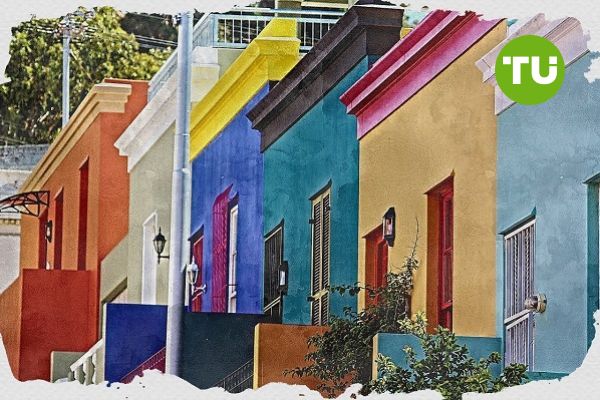South African homebuyers pull back despite falling mortgage interest rates
 Average house prices drop in Q2 as market cools
Average house prices drop in Q2 as market cools
Despite an active May and a slight reduction in mortgage interest rates, property buyer activity in South Africa declined in the second quarter compared to the start of the year.
According to the July BetterBond Property Brief, after reaching a record high of R1.3 million ($72,800) in Q1 2025, the average home price for first-time buyers slightly dropped to R1.28 million in Q2.
The average price across all buyer categories stood at R1.58 million ($88,480), down 6.4% from Q1. For mortgage-financed buyers, the decline reached 8.3%.
Four regions recorded positive year-on-year price growth in H1 2025, led by the Eastern Cape and North West provinces.
“Given that debt servicing costs as a percentage of household income rose rapidly from 6.7% in 2021 to 9.1% in 2024, the cooling effect on residential property activity was not unexpected. Fortunately, this figure has begun to decline, now sitting at 8.9%,” the report notes.
The real estate market is gradually recovering
Last year, the average deposit required for mortgage approval peaked at R300,000 ($16,800), but has since fallen to R272,000. For mortgages specifically, the average deposit is now R200,000 ($11,200), helping to boost annual mortgage application volumes.
Regionally, the number of home loans granted increased 13.6% year-on-year. This positive trend is attributed to a slight drop in interest rates, with the prime lending rate now at 10.75%, down from 11.25% earlier this year.
“The residential property market still has a long way to go before it exceeds the activity levels seen in early 2021, before the Monetary Policy Committee (MPC) began tightening policy, pushing the base rate to a 15-year high,” said Brad Bendall, Head of International Sales at BetterBond.
The report states that only two regions saw a decline in the number of mortgages issued from June 2024 to June 2025 — the Eastern Cape and Mpumalanga.
Two other regions also underperformed compared to the national average increase of nearly 14%: the North West and the northwestern suburbs of Johannesburg.
As expected, the Western Cape continues to expand its mortgage lending sector, with a 14.7% year-on-year increase in home loans issued.
Pretoria stood out, with a 26.7% increase in home loans, likely due to the presence of South Africa’s largest university and a cluster of car manufacturers supporting a broad and diversified supply chain.
As wew wrote, Bitcoin ETFs could add $30 million to South Africa budget, Luno













































































































































